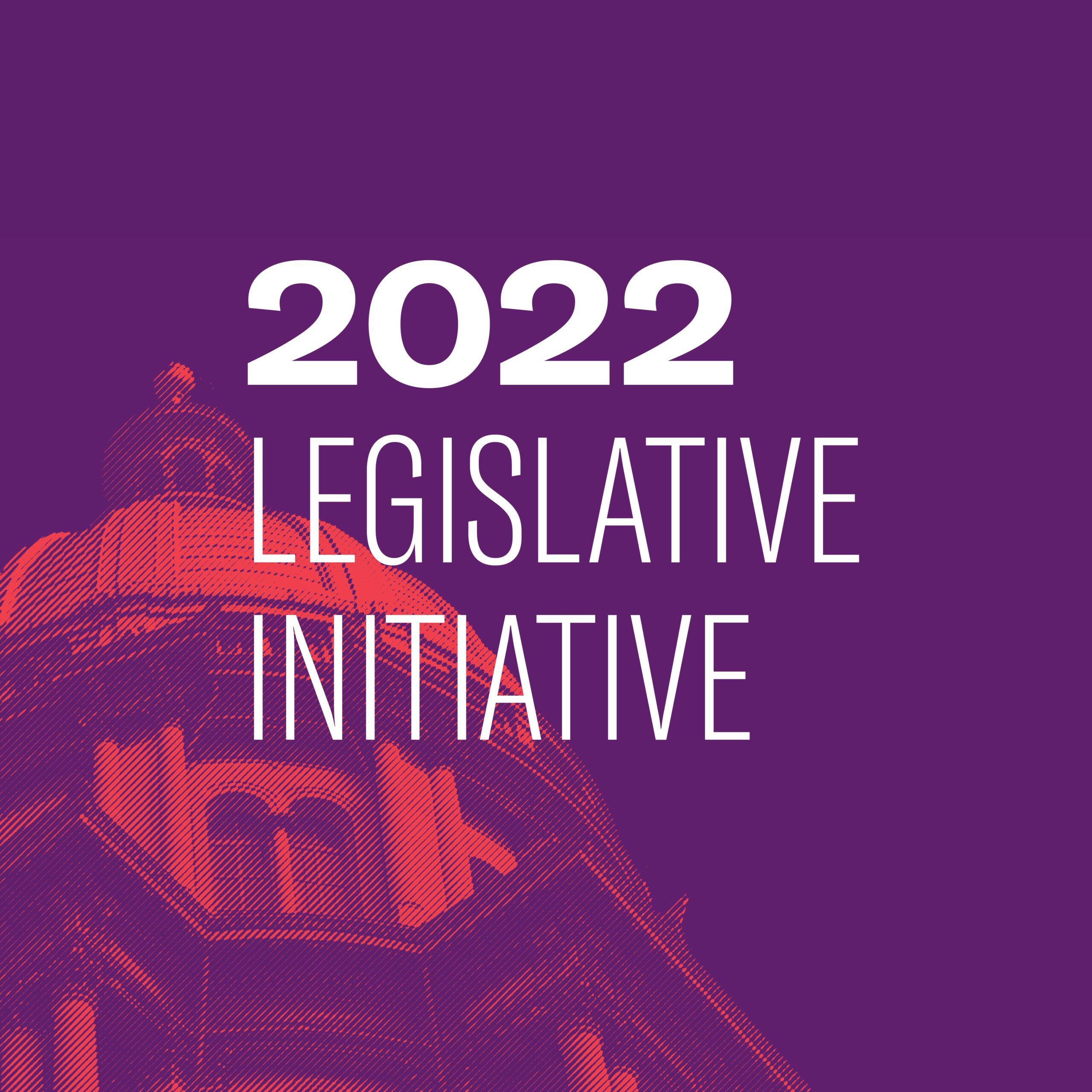HB 4626: Gender Inclusive Child Welfare Statute
- Position: Support
- Bill Number: House Bill 4626
- Session: 102nd
- Latest Update: January 27, 2022

Stay Informed
Sign up to be the first to hear about how to take action.
By completing this form, I agree to receive occasional emails per the terms of the ACLU’s privacy statement.
By completing this form, I agree to receive occasional emails per the terms of the ACLU’s privacy statement.

